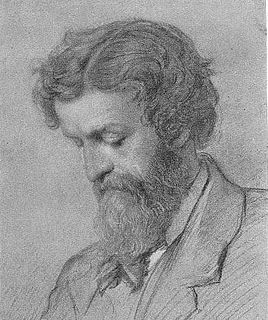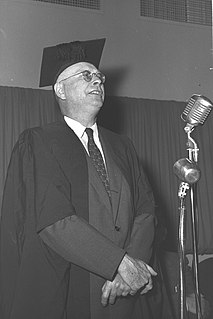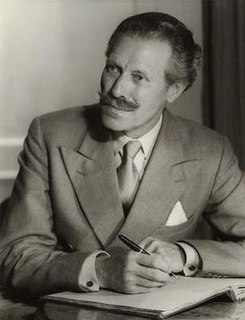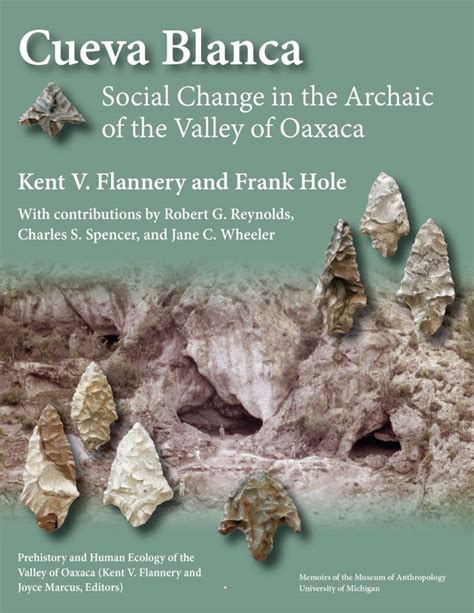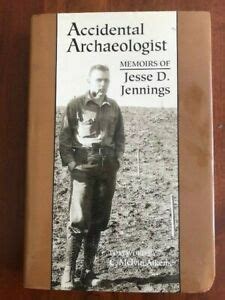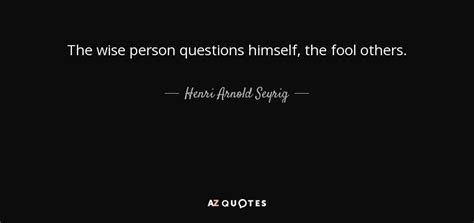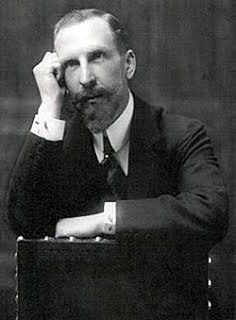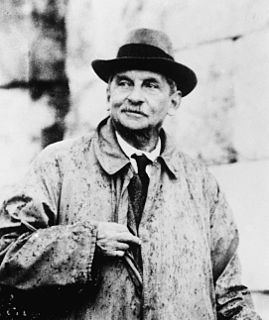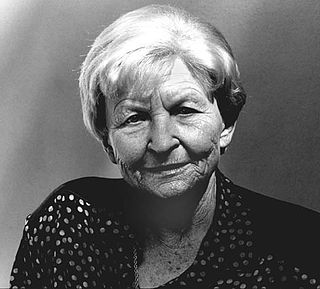Top 43 Quotes & Sayings by Famous Archaeologists
Explore popular quotes by famous archaeologists.
The 21 Arab states that could easily have absorbed the original 650,000 Palestinian refugees in 1948 refused to do so, even though their combined land mass was 700 times greater than that possessed by Israel. By contrast, the Jewish population of the new state was only 600,000, yet Israel willingly absorbed some 820,000 Jewish refugees from Europe.
Man's history has been graven on the rock of Egypt, stamped on the brick of Assyria, enshrined in the marble of the Parthenon-it rises before us a majestic presence in the piled up arches of the Coliseum-it lurks an unsuspected treasure amid the oblivious dust of archives and monasteries-it is embodied in all the looms of religions, of races, of families.
In the night ride across the Wular lake a small storm made me worry for the safety of my manuscript (Rajatarangini). It seemed as if the goddess of wisdom - Sharada, represented by waters of Kashmir, was unwilling to let me abduct the manuscript. This is what happened 1200 years ago to the Chinese pilgrim Hiuen-Tsang, who had to leave his Sanskrit manuscript in the angry Indus River.
After a duration of a thousand years, the power of astrology broke down when, with Copernicus, Kepler, and Galileo, the progress of astronomy overthrew the false hypothesis upon which its entire structure rested, namely, the geocentric system of the universe. ... the earth revolves in space intervened to upset the complicated play of planetary influences, and the silent stars, relegated to the unfathomable depths of the sky, no longer made their prophetic voices audible to mankind.
Serious or trivial, his daily behavior has instituted a canon which millions observe this day with conscious memory. No one regarded by any section of the human race as Perfect Man has ever been imitated so minutely.The conduct of the founder of Christianity has not governed the ordinary life of his followers. Moreover, no founder of a religion has left on so solitary an eminence as the Muslim apostle.
Archaeology in general is the recovery and study of the material culture of past civilizations. Biblical archaeology is as an application of the science of archaeology to the field of biblical studies. Through the comparison and integration of Scripture with the evidence of history and culture derived from archaeology, new insights into the biblical context of people and events, and sometimes the interpretation of the text itself, are possible. In this way archaeology serves as a necessary tool for biblical exegesis and for apologetic concerns.
Wherever man has left the stamp of mind on brute-matter; whether we designate his work as structure, texture, or mixture, mechanical or chymical; whether the result be a house, a ship, a garment, a piece of glass, or a metallic implement, these memorials of economy and invention will always be worthy of the attention of the Archaeologist.
The labours I devoted between 1888 to 1900 to the critical edition, translation and commentary of Kalhana's Rajatarangini, the only true historical text of Sanskrit literature, afforded me ample opportunities of gaining close contact with Sanskrit savants of Kashmir, the land where traditional learning of Hindu India had flourished in old times greatly and survived until recent years.
there is a danger, when thinking of the earliest civilized people, of putting too much emphasis on technology. One tends to assume that if you don't have, at least, a lavatory and perhaps something that will take you a lot faster than your own feet, or a certain number of gadgets in the house, then you must be in some way, a bit backward and defective ... the important thing to remember is that technology is not necessarily the same thing as civilization.
Archaeology is a science, and like all sciences, has its limitations. For one, archaeological discoveries made in the past centuries have been reappraised and reinterpreted by more recent findings. Some of the older positive claims, as well as most of the negative criticisms of the Bible, have changed, usually for the better. For another, the actual amount of archaeological evidence is quite small. It has been estimated that less than 1% of archaeological sites in the Holy Land have been excavated, and those that have been excavated have only been partially excavated.
Modern schools and universities push students into habits of depersonalized learning, alienation from nature and sexuality, obedience to hierarchy, fear of authority, self-objectification, and chilling competitiveness. These character traits are the essence of the twisted personality-type of modern industrialism. They are precisely the character traits needed to maintain a social system that is utterly out of touch with nature, sexuality and real human needs.
The Bible is an ancient text from an ancient context. We live thousands of miles and thousands of years away from that context, which also represents different cultures. Archaeology is a modern means of revealing both the lost record of the ancient world, and the historical and social world of the Bible. While the purpose of archaeology is not to prove the historicity of the people and events recorded in Scripture, it can help immeasurably to confirm the historical reality and accuracy of the Bible and to demonstrate that faith has a factual foundation.


